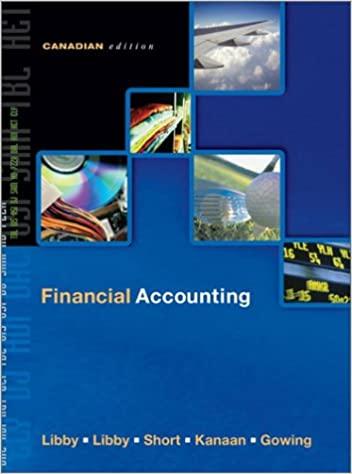(Internal versus external sale) Providence Products Inc. consists of three decen tralized divisions: Park Division, Quayside Division,...
Question:
(Internal versus external sale) Providence Products Inc. consists of three decen¬ tralized divisions: Park Division, Quayside Division, and Ridgetop Division. The president of Providence Products has given the managers of the three divisions the authority to decide whether to sell internally at a transfer price determined by the division managers, or externally. Market conditions are such that sales made internally or externally will not affect market or transfer prices. Interme¬ diate markets will always be available for Park, Quayside, and Ridgetop to pur¬ chase their manufacturing needs or sell their product. Division managers attempt to maximize their contribution margin at the current level of operating assets for the division.
The Quayside Division manager is considering the following two alternative orders.
The Ridgetop Division needs 3,000 units of a motor that can be supplied by the Quayside Division. To manufacture these motors, Quayside would pur¬ chase components from the Park Division at a transfer price of $600 per unit; Park’s variable cost for these components is $300 per unit. Quayside Division would further process these components at a variable cost of $500 per unit.
If the Ridgetop Division cannot obtain the motors from the Quayside Di¬ vision, the motors will be purchased from Essex Company for $1,500 per unit.
Essex Company would also purchase 3,000 components from Park at a price of $400 for each of these motors; Park’s variable cost for these components is $200 per unit.
The Saxon Company wants to buy 3,500 similar motors from the Quayside Division for $1,250 per unit. Quayside would again purchase components from the Park Division at a transfer price of $500 per unit; Park’s variable cost for these components is $250 per unit. Quayside Division would farther process these components at a variable cost of $400 per unit.
The Quayside Division’s plant capacity is limited and, as such, the company can accept either the Saxon contract or the Ridgetop order, but not both. The president of Providence Products and the manager of Quayside Division agree that it would not be beneficial in the short or long run to increase capacity.
a. If the Quayside Division manager wants to maximize short-run contribution margin, determine whether the Quayside Division should (1) sell motors to the Ridgetop Division at the prevailing market price or (2) accept the Saxon Company contract. Support your answer with appropriate calculations.
b. Without prejudice to your answer to part
a, assume that the Quayside Di¬ vision decides to accept the Saxon Company contract. Determine whether this decision is in the best interest of Providence Products Inc. Support your answer with appropriate calculations.
(CMA adapted)
Step by Step Answer:






